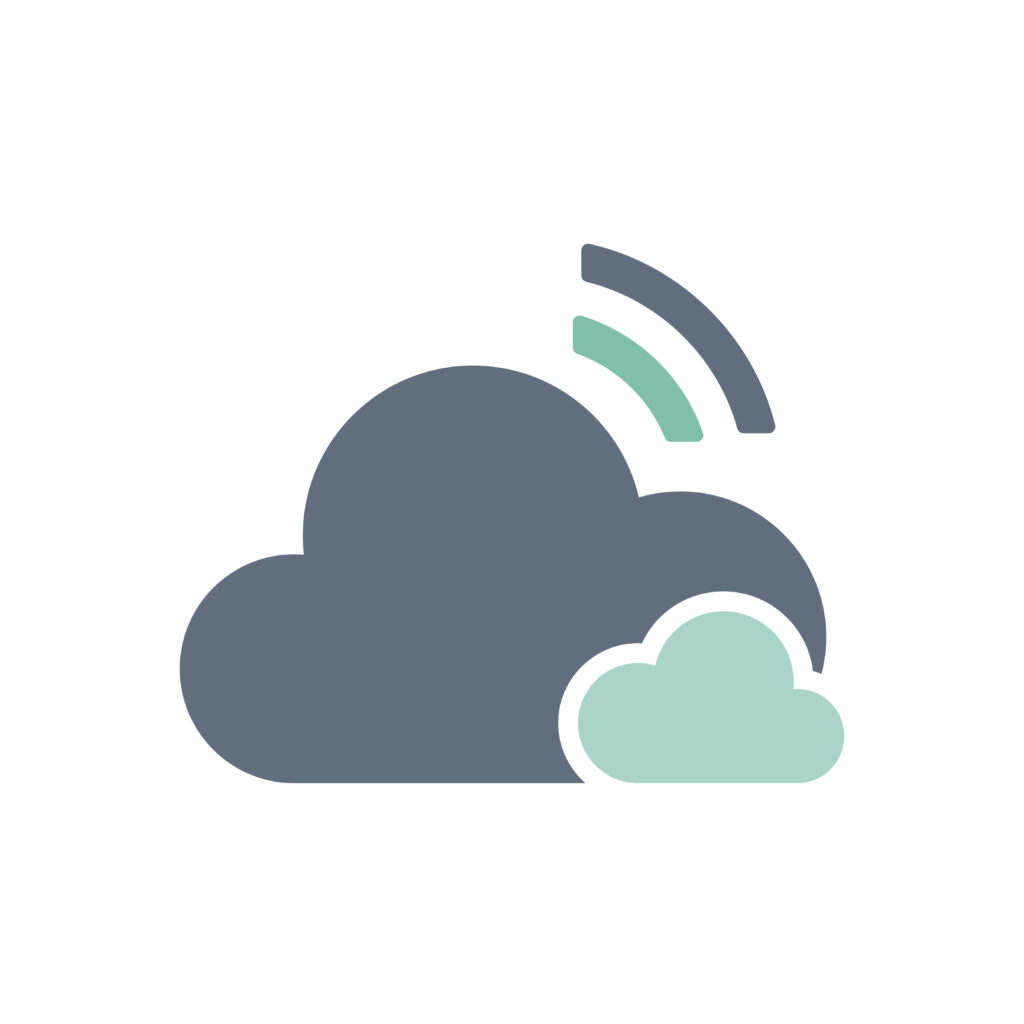Measure your return on your investment
https://inngeniuspms.com/wp-content/themes/corpus/images/empty/thumbnail.jpg 150 150 admin admin https://secure.gravatar.com/avatar/d44e89ac73b3cca5b6ef23cb46b95f0a?s=96&d=mm&r=gEvery technology investment needs to ultimately translate into positive financial outcomes. Otherwise, what’s the point? When it comes to gauging the potential return on investment (ROI) on upgrading to a next-generation PMS, the first question to ask is: To what extent will the new system reduce the amount of time currently being spent on managing front desk activities, including check-ins and check-outs, and on such mundane (but time-consuming) tasks as consolidating guest accounts and managing rates and availability across distribution channels, including OTA, GDS, Web, and travel agents?
To what extent is the new system likely to improve sales and revenue — for example, by increasing bookings via web booking engine integration, increasing occupancy rates through real-time inventory updates, and increasing average daily rates through integrated revenue management and advanced forecasting tools?
Another key factor to consider pertains to reduction in losses, including losses related to errors in manual updates and mistakes in POS consolidations (guest purchases made across other parts of the property), as well as lower integration costs with third-party hardware and software.
Finally, it’s important to keep in mind that enhancing the quality of the overall guest experience through the deployment of a next-generation PMS should lead to a greater number of repeat guest stays as well as a higher volume and intensity of positive brand advocacy, including favorable guest reviews on TripAdvisor and other popular customer feedback sites. The correlation between favorable guest reviews and positive economic outcomes is obvious.
InnGenius PMS is significantly less expensive and require less up-front investment on the whole than the competitors. There are many reasons for the shift to increased affordability, including the fact that inngenius signup is less complex and hardware is always less expensive.
InnGenius users benefit from lower costs, because all the hotel data is stored in the cloud, eliminating the need for on-premise servers. Incidentally, InnGenius PMS is a subscription “pay as you go” model, which means no long-term contracts and no upfront capital investment for the software. This may be an important consideration, especially for small hotels, motels and inns operating with a limited budget.

